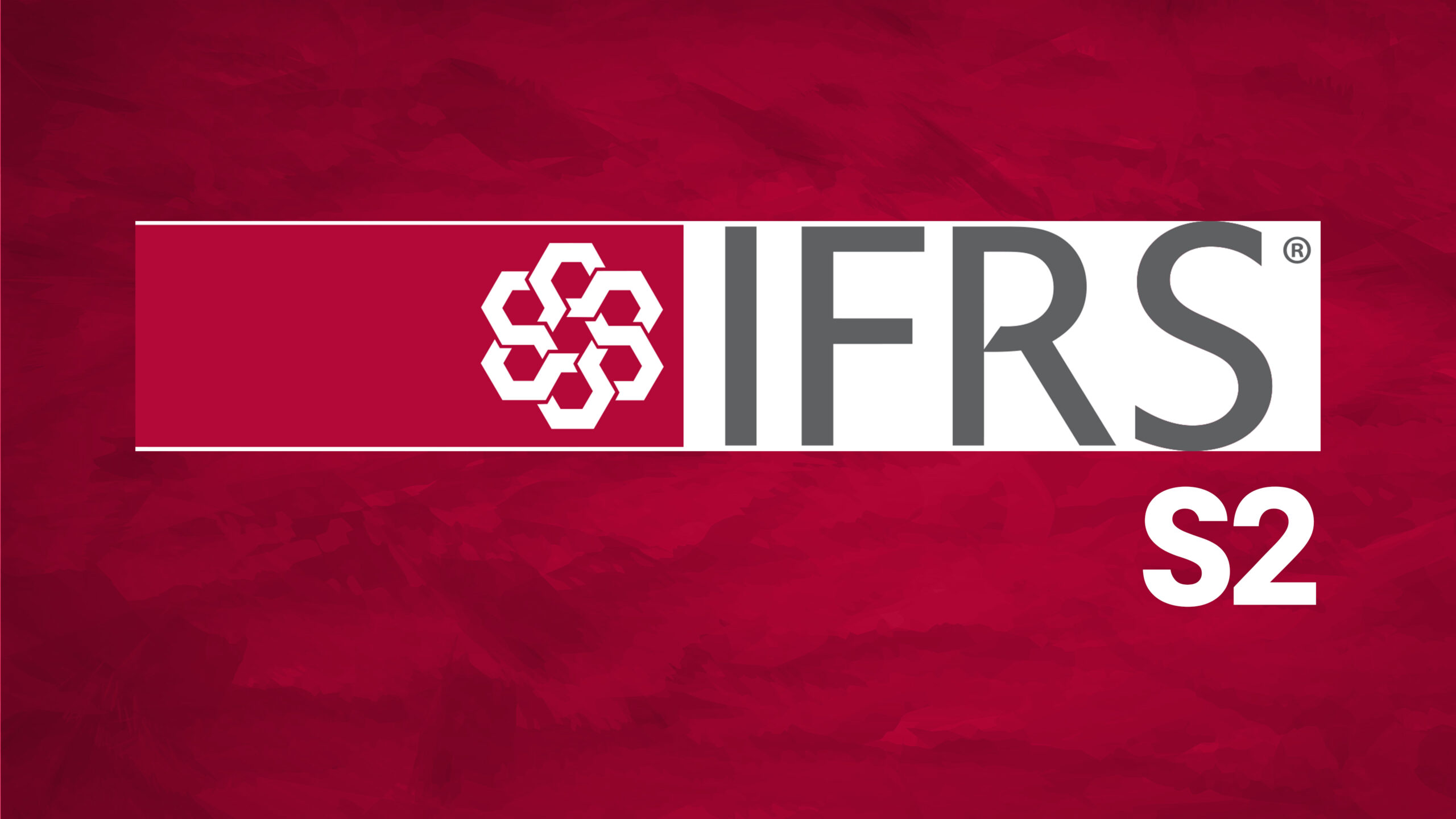
Susan Maina is a content writer at Mugo and Company, where she simplifies Accounting, Auditing, and Forensic Audit services with her finance expertise.
LinkedIn >>IFRS S1, officially titled “General Requirements for Disclosure of Sustainability-related Financial Information“, is a global sustainability disclosure standard issued by the International Sustainability Standards Board (ISSB) under the IFRS Foundation.
This landmark standard was issued on June 26, 2023, and became effective for annual reporting periods beginning on or after January 1, 2024.
It was released alongside IFRS S2, which provides guidance specifically on climate-related disclosures.
Together, IFRS S1 and IFRS S2 form a comprehensive framework designed to improve the quality, consistency, and comparability of sustainability and ESG (Environmental, Social, and Governance) reporting across global markets.
In this article, we explore the key elements of IFRS S1, its objectives, disclosure requirements, and its adoption status in Kenya.
IFRS S1 sets out the general principles and requirements for disclosing sustainability-related financial information in an entity’s general-purpose financial reports.
Under IFRS S1, entities are required to disclose material information about sustainability-related risks and opportunities that could reasonably be expected to affect the entity’s cash flows, access to finance, or cost of capital in the short, medium, or long term.
The objective is to provide investors and other stakeholders with decision-useful information that helps them assess an entity’s ability to create and sustain value over time.
The International Sustainability Standards Board (ISSB) was established by the IFRS Foundation in November 2021, during COP26, with the mission of creating a global baseline of high-quality sustainability disclosure standards.
The ISSB aims to:
Drafts of IFRS S1 and IFRS S2 were released in March 2022 for public consultation, followed by a 120-day feedback period. The final versions were approved and issued in June 2023.
IFRS S1 is designed to ensure entities report on:
This information supports stakeholders in making informed decisions regarding resource allocation, investment, and risk assessment.
IFRS S1 outlines how an entity should prepare and present sustainability-related financial disclosures. Key requirements include:
1. Governance
Entities must describe the governance processes, controls, and procedures used to monitor and manage sustainability-related risks and opportunities.
2. Strategy
Entities are required to disclose how sustainability risks and opportunities affect their business model, strategy, and financial planning.
3. Risk Management
This involves detailing the processes used to identify, assess, and manage sustainability-related risks and opportunities.
4. Metrics and Targets
Entities must report on the metrics used to measure performance, including targets set (either voluntarily or through regulation), and the progress made in achieving them.
5. Materiality and Connectivity
Disclosures must include material sustainability information that connects to financial statements, helping users understand the full impact on the entity’s financial prospects.
6. Industry-Specific Guidance
Entities are encouraged to use SASB Standards (Sustainability Accounting Standards Board) for industry-specific disclosures.
While IFRS S1 provides a general framework for all Sustainability-related disclosures – including environmental, social, and governance (ESG) issues – IFRS S2 specifically focuses on climate-related disclosures.
In summary:
IFRS S1: Covers all sustainability topics, including governance, strategy, risk management, metrics, and performance.
IFRS S2: Focuses on climate risks, carbon emissions, transition plans, and climate-related targets.
Important: IFRS S1 and IFRS S2 must be used together when reporting on climate-related matters.
If a company is reporting on:
It would:
1. Standardised Reporting Template for Banks
On April 23, 2025, the Kenya Bankers Association (KBA), in partnership with ICPAK, WWF-Kenya, and FSD Kenya, launched a standardised IFRS S1 and S2 reporting template for banks.
This initiative aims to align Kenya’s banking sector with global sustainability disclosure standards and support the country’s transition to a low-carbon economy.
2. IFRS S2 Adoption Roadmap in Kenya
The Institute of Certified Public Accountants of Kenya (ICPAK) has issued a phased roadmap for IFRS S2 adoption:
For public sector entities, adoption is still under consideration pending guidance from the International Public Sector Accounting Standards Board (IPSASB).
In March 2024, ISSB Chair Emmanuel Faber met with President William Ruto and other senior officials in Kenya.
The discussions centered on the rollout of IFRS S1 and S2 and emphasized the need for capacity building and transparency in sustainability reporting.
1. What is IFRS S1 and why is it important?
2. When does IFRS S1 take effect?
3. What are the key disclosure requirements under IFRS S1?
4. How is IFRS S1 different from IFRS S2?
5. Has IFRS S1 been adopted in Kenya?
The shift towards sustainability-related disclosures marks a critical evolution in financial reporting.
IFRS S1 plays a pivotal role in integrating ESG considerations into mainstream reporting frameworks.
As the world continues to confront climate change, economic inequality, and social transformation, frameworks like IFRS S1 will guide companies in delivering transparent, relevant, and globally consistent sustainability information.
All organizations – regardless of size – should prioritize understanding and implementing IFRS S1 and S2 to remain compliant, attract investment, and identify both risks and opportunities linked to sustainability.
Mugo & Co. is a trusted auditing and compliance firm with over 40 years of experience.
We help businesses navigate complex regulatory environments and align with evolving standards like IFRS S1 and IFRS S2.
Get in touch with Mugo & Co. today for tailored guidance on integrating sustainability disclosures into your financial reporting!
This article is for educational purposes only and does not constitute tax or legal advice. Please consult your auditor or accountant for specific guidance, or reach out to Mugo & Co. for professional support.
Table of Contents:





Industry Leaders Delivering Client-Focused Solutions with Proven Expertise and Excellence.
Woodland Business Park, 4th Floor, Suite 15, Kiambere Road, Upperhill, Nairobi
info@mugo-co.com
+254 736 570 370
Copyright © 2025 Mugo & Company | All Rights Reserved.
Mugo & Company – Experts in assurance services in Kenya since 1984.